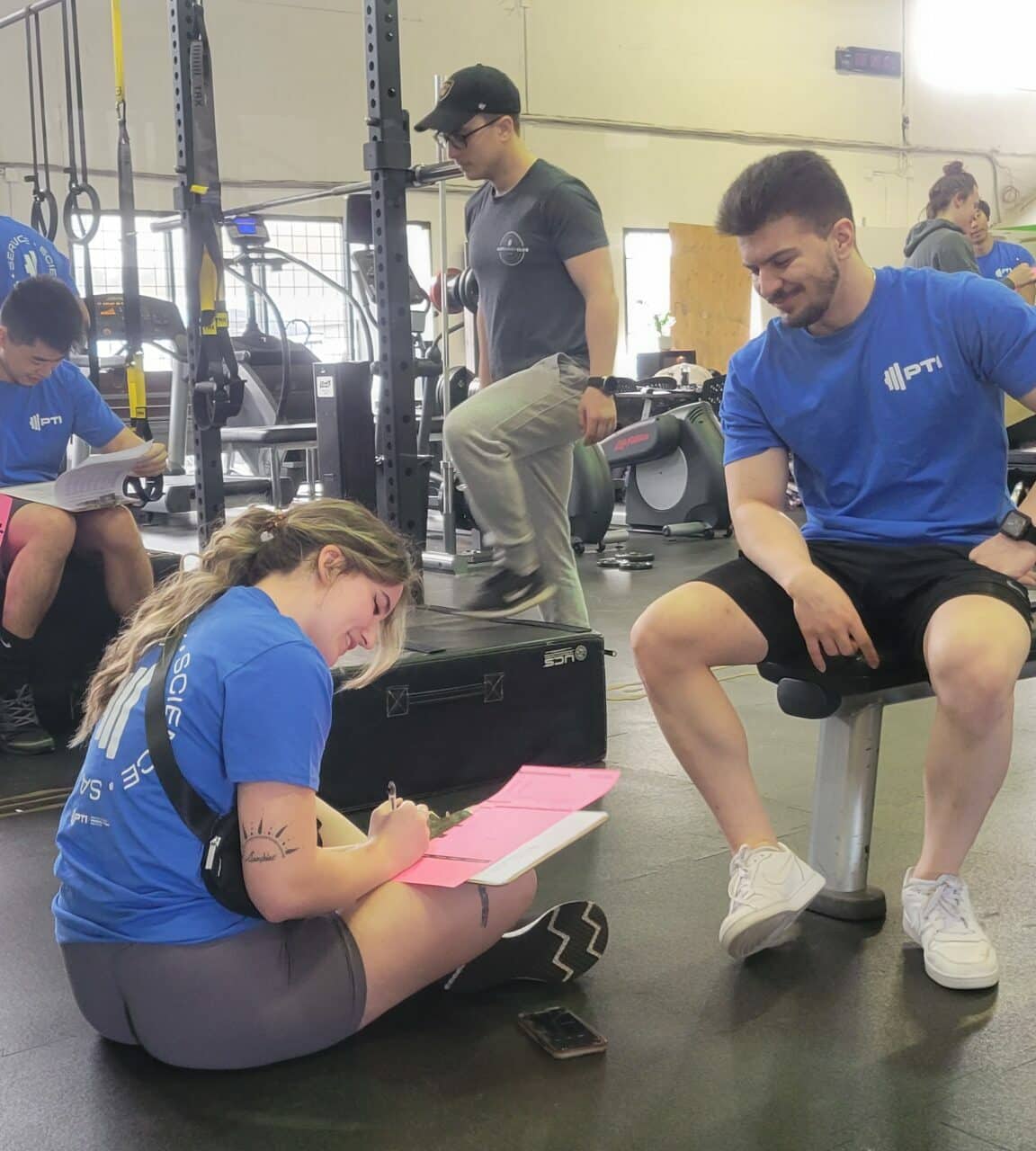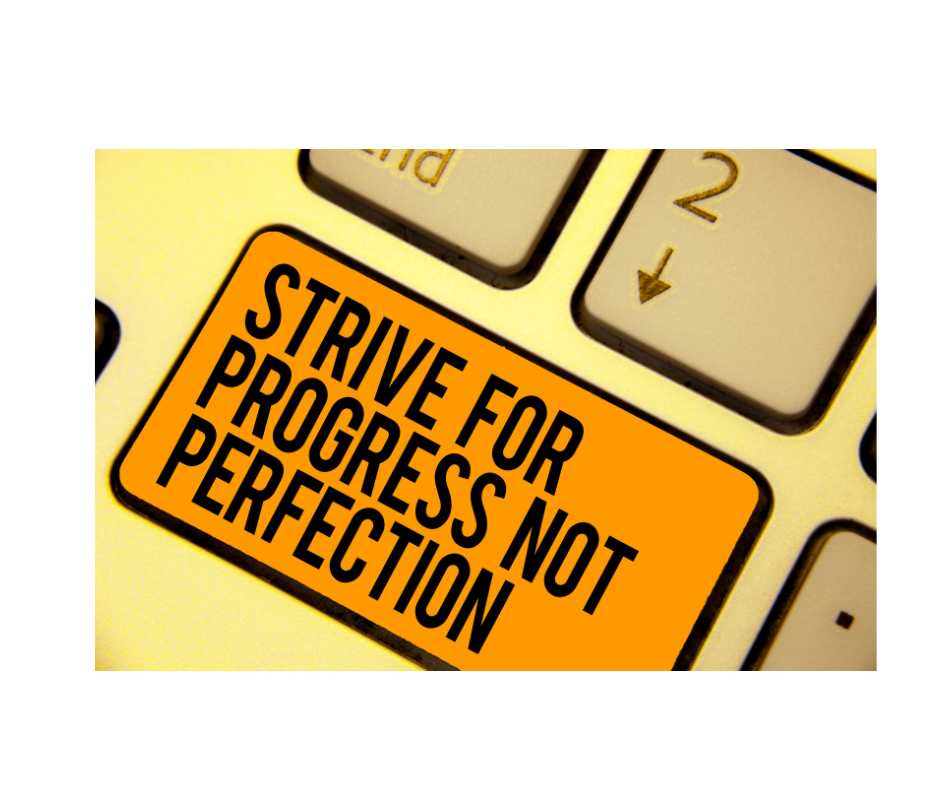
You may be wondering what exactly is Assertiveness and why does it matter? Assertiveness is a form of communication alongside aggressive and passive. Each style has different characteristics to differentiate them. For example, Assertiveness is only being able to express your feelings, thoughts, beliefs, and opinions without violating the rights of others. On the other hand, an Aggressive communication style violates the rights of others; the passive style is where we violate our own rights. There is one more that is combines two others. Passive-Aggressive. This is where someone is aggressive but in more indirect or covert ways. Someone may be very upset but not act in obvious aggressive ways such as yelling or hitting but instead they may slam doors, objects, or sulk.
It is important to be aware of what communication style we use as well as those around us as it helps to navigate those social situations. It allows for us to express ourselves and be heard. It also allows us to set boundaries which is often very challenging and be a source of stress.

You may be wondering what exactly is Assertiveness and why does it matter? Assertiveness is a form of communication alongside aggressive and passive. Each style has different characteristics to differentiate them. For example, Assertiveness is only being able to express your feelings, thoughts, beliefs, and opinions without violating the rights of others. On the other hand, an Aggressive communication style violates the rights of others; the passive style is where we violate our own rights. There is one more that is combines two others. Passive-Aggressive. This is where someone is aggressive but in more indirect or covert ways. Someone may be very upset but not act in obvious aggressive ways such as yelling or hitting but instead they may slam doors, objects, or sulk.
It is important to be aware of what communication style we use as well as those around us as it helps to navigate those social situations. It allows for us to express ourselves and be heard. It also allows us to set boundaries which is often very challenging and be a source of stress.
What happens when we’re unassertive?
Being unassertive is being passive and you never really say what you actually want, think or feel. It can lead to emotional dysregulation and low self-esteem. This may be characterized through brushing off our opinion; saying it doesn’t matter and we don’t care; we might not say anything at all. Other times we may just agree with what people want and fulfill other people’s needs and wants rather than ours. So we put others first and put ourselves second. We may do things that we would never normally do and take on more or attempt to do too much. This can lead to a lack of purpose and feeling powerless to control one’s life.
If we never express ourselves openly and conceal our thoughts and feelings this can make us feel tense, stressed, anxious or resentful. It can also lead to unhealthy and uncomfortable relationships. We will feel like the people closest to us don’t really know us. Have you ever been mad at someone or had them be mad at you because of something that was said or done that one person was upset about but the other didn’t even realize? Or how about that friend who still hadn’t paid you back? This is another way that being passive or unassertive can affect one’s life.
On the other hand, if we constantly communicate in an aggressive manner we will eventually lose friends and people will lose respect for us because they don’t want to be around someone who violates their rights. Again this can lead to low self-esteem due to the feeling of alienation or even abandonment due to that habitual violation of the rights of others.
How did we become this way?
Assertiveness is a learned behavior and thinking style. We are all born assertive. Think about when you were a baby. Expressing your emotions was how you communicated. Over time, a baby adapts and changes their behavioral responses to fit the responses they get from the environment and situation. For example, if your family or friends dealt with conflict by yelling and arguing, then you may have learned to deal with conflict in that way. If your family taught you that expressing emotions was weakness so you quickly learned to not express them. If your family believe that you should put others needs before your own, you may find it challenging to be assertive about your needs.
Here are some questions you can ask yourself to help discover the contributing factors to the development of your communication style and learned behavior.
- How did your family handle conflict?
- How did they communicate with each other?
- What did they do when they disagreed with somebody or were upset with people?
- How did your parents teach you to deal with conflict?
- What were their messages?
- In what ways did you learn to get what you wanted without asking for it directly? (e.g., crying, yelling, making threats etc.)
- Do you still use these ways to get what you want today? (They may not look exactly the same so look closely)
As we grow up, we start to learn that there are good and valid reasons for being unassertive. Part of it stems from learning to behave in works for us at the time. Being Assertive to Aggressive parents or friends may get us into more conflict; perhaps we learned to be aggressive to survive and that it is a perpetuating cycle among friends and family of learned aggressive behavior.
This next part can be hard, it is important that you don’t blame yourself or your family for your lack of assertiveness. It can be more helpful to think of it as a vicious cycle that you and your family have been caught in. The cycle reinforces itself and just keeps going until it is broken. Assertive ways of thinking and behaving are a means to breaking that cycle.
——————————————————- Possible blog break if we include an adjoining conclusion above and new intro below
What stops us from being assertive?
Negative self-defeating beliefs are unrealistic beliefs and negative statements/thoughts about being assertive like, “It’s not going to work so there’s no point in trying.” We create rationalizations and justifications for our lack of assertiveness or all the negative things that would happen from being assertive. So we might believe it’s selfish, rude or not right to say what we want; if we assert ourselves, we’ll hurt our partner and then ruin the relationship.
Skills Deficits are where we lack the verbal and nonverbal skills to be assertive.
Anxiety and Stress can contribute to our ability to be Assertive as well. You could already know how to be assertive but when you become anxious, you freeze. Our ability to think clearly and objectively will be affected the more emotionally dysregulated we are.
Situation Evaluation highlights that social situations can be confusing and unclear and so it can be hard to be assertive when you’re unsure which skills or behaviors would be helpful.
Cultural and Generational Influences can also have an effect on our assertiveness; many of our behaviors are influenced by our culture and generation. We must remember to be culturally sensitive and to weigh the pros and cons about being assertive in particular situations. You may find that the pros of living by your cultural values outweigh the pros of being assertive. Older generations may also find it difficult to be assertive. Men were once taught that it was weak to express their emotions and women were taught that it was aggressive to state their needs or opinions. Lifelong beliefs such as these can be difficult to change but they can change through intentional consistent practice.
Start by evaluating how assertive you are in your daily life and look for opportunities to be more assertive. Stay tuned for the additional parts where we will look at each communication style individually highlighting the differences.
Here are 3 myths often associated with Assertiveness:
Myth 1: “Assertiveness is basically the same as being aggressive”.
Debunking the myth: Some people who are aggressive think they are being assertive because they are stating what their needs are. It is true that both assertive and aggressive communication involves stating your needs; however there are very important differences between stating your needs assertively and stating them aggressively. The expression of words, tone taken, how body language is used alongside personal presence will affect the communication style.
Aggressive: Violates rights of others. Own needs have priority.
Assertive: Respects both own needs and needs of others.
Passive: Violates own rights. Others needs given priority.
Myth 2: “If I am assertive I will get what I want”.
Debunking the myth: Being assertive does not mean that you always get what you want. In fact being assertive is not a guarantee of any outcome at all. Being assertive is about expressing yourself in a way that respects both your needs and the needs of others. Sometimes this means you get what you want, sometimes you won’t get what you want at all and sometimes you will come to a mutually satisfactory compromise. Learning to communicate effectively and clearly leaves less room for misunderstanding and miscommunication. This streamlines the communication process.
Myth 3: “If I am assertive I have to be assertive in every situation”
Debunking the myth: Understanding how to be assertive is merely providing you with the tools and allowing you the choice of when to be assertive. It does not mean you have to be assertive in every situation. You may come to the realization in certain situations that being assertive is not the most helpful way to behave. For example, if you are at the gym and someone begins to be very aggressive or excessively rude, then being assertive may place you at risk as the other person is not being rational. In this case you may make the decision that a passive approach is the most beneficial. Learning to be assertive is about providing yourself with a choice which you still need to make.
Adapted from “ASSERT YOURSELF” This module forms part of: Michel, F. (2008). Assert Yourself. Perth, Western Australia: Centre for Clinical Interventions.
Blog by: BCPTI Educator, Brian Truong
Tags:
Related Posts
We’re here to help you!
Questions, comments or want to register? Fill out the form below and we will contact you shortly. Thanks!
"*" indicates required fields



